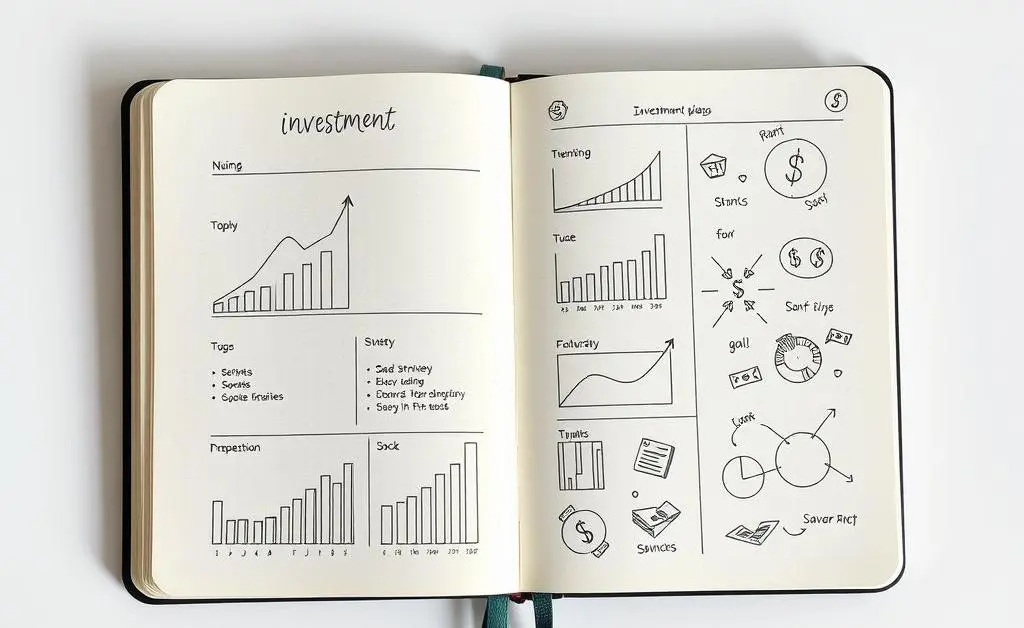Navigating Market Uncertainties: A Gentle Guide to Smarter Investments
Explore smart investment strategies amidst market uncertainties.

Have you ever found yourself caught in the whirlwind of market fluctuations, feeling unsure about your next step in investments? You're not alone. Navigating investment decisions in a volatile market can seem daunting, but approaching it with a calm, strategic mindset can make all the difference.
Understanding Market Volatility
First, let's break down what market volatility actually means. Remember the time when you were driving and hit a patch of black ice? That's unpredictability in its rawest form, and markets can feel much the same when they suddenly drop or rise due to various factors.
The key is to understand it isn't inherently negative; volatility can offer opportunities for informed investors. So, how do you stay calm in the storm?
Building a Balanced Investment Portfolio
Create a balanced portfolio to mitigate risks. Here's a quick checklist to get you started:
- Diversify across sectors and regions.
- Keep some safe-haven assets like bonds.
- Always have a buffer of cash for emergencies.
Remember, like in any recipe, a good balance of ingredients leads to a more delightful outcome.

Investing with a Mindful Perspective
Once, a friend of mine decided to approach investing as she would meditation—mindfully and patiently. She took time each week to review her investments while practicing deep breathing, absorbing information slowly and steadily like sipping a warm cup of tea.
Patience often yields the best results. Consider long-term strategies and stay focused on your end goals. Regularly assess your portfolio's performance, but don't overreact to short-term changes.

The Role of Emotional Intelligence in Investing
Think of emotional intelligence as your guiding compass while navigating through market uncertainties. Keeping emotions in check helps in making more rational decisions. Before making any investment move, ask yourself:
- Am I reacting out of fear or greed?
- Is this decision aligned with my overall financial goals?
- What is my risk tolerance?
Awareness of these questions can guide you away from knee-jerk reactions and help focus on informed decision-making.

Final Thoughts: Inviting Calm in Chaos
So what are your next steps in approaching market volatility with newfound confidence? Embrace the unknowns with an open mind, cultivate a strategy that speaks to your unique financial situation, and always prioritize learning.
How do you plan to adjust your investment strategy to navigate through future market uncertainties?




